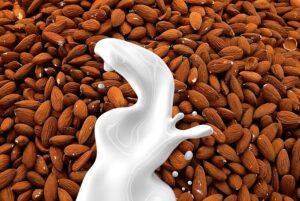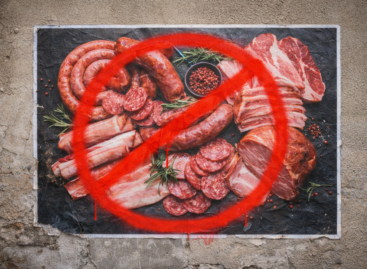The domestic meat and dairy industry is losing money, but it receives a lot of support
A significant part of the agricultural and rural development subsidies provided to the domestic meat and dairy industry pose serious challenges to the actors of the agricultural sector. During the past year, domestic dairy farms and pig farms recorded a national economic loss of nearly 30 billion, while the state spent 1,008.7 billion on agricultural and rural development subsidies in 2022. This budget support is largely aimed at products that are currently unprofitable on the market.
 In the distribution of subsidies, animal breeders currently benefit the most, while horticulture receives less support. Arable crop production also accounts for a large share, a significant part of which is used for the production of animal feed. The higher VAT rate for vegetables and fruits, in contrast to the lower tax rate for milk and pork, further aggravates inequalities – writes Másfélfok in its analysis.
In the distribution of subsidies, animal breeders currently benefit the most, while horticulture receives less support. Arable crop production also accounts for a large share, a significant part of which is used for the production of animal feed. The higher VAT rate for vegetables and fruits, in contrast to the lower tax rate for milk and pork, further aggravates inequalities – writes Másfélfok in its analysis.
The data show that livestock farms, especially pig farmers, dairy and beef farms, have been unprofitable for years. This means that the state not only supports the profits of the farms, but also compensates for their losses.
The analysis highlights that subsidizing milk and pork exports practically results in Hungarian taxpayers financing products consumed abroad. According to FAO data in 2020, Hungary produced more meat per capita than the neighboring countries combined, and even France and Germany.
Related news
Why is Amsterdam banning meat advertising? The goal is social self-reflection
🎧 Hallgasd a cikket: Lejátszás Szünet Folytatás Leállítás Nyelv: Auto…
Read more >Related news
GDP growth in OECD member countries slowed to 0.3 percent in the last quarter of last year
🎧 Hallgasd a cikket: Lejátszás Szünet Folytatás Leállítás Nyelv: Auto…
Read more >








